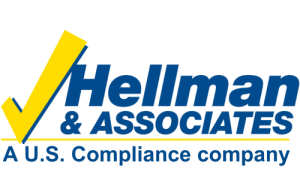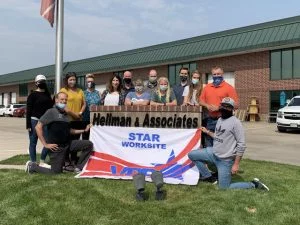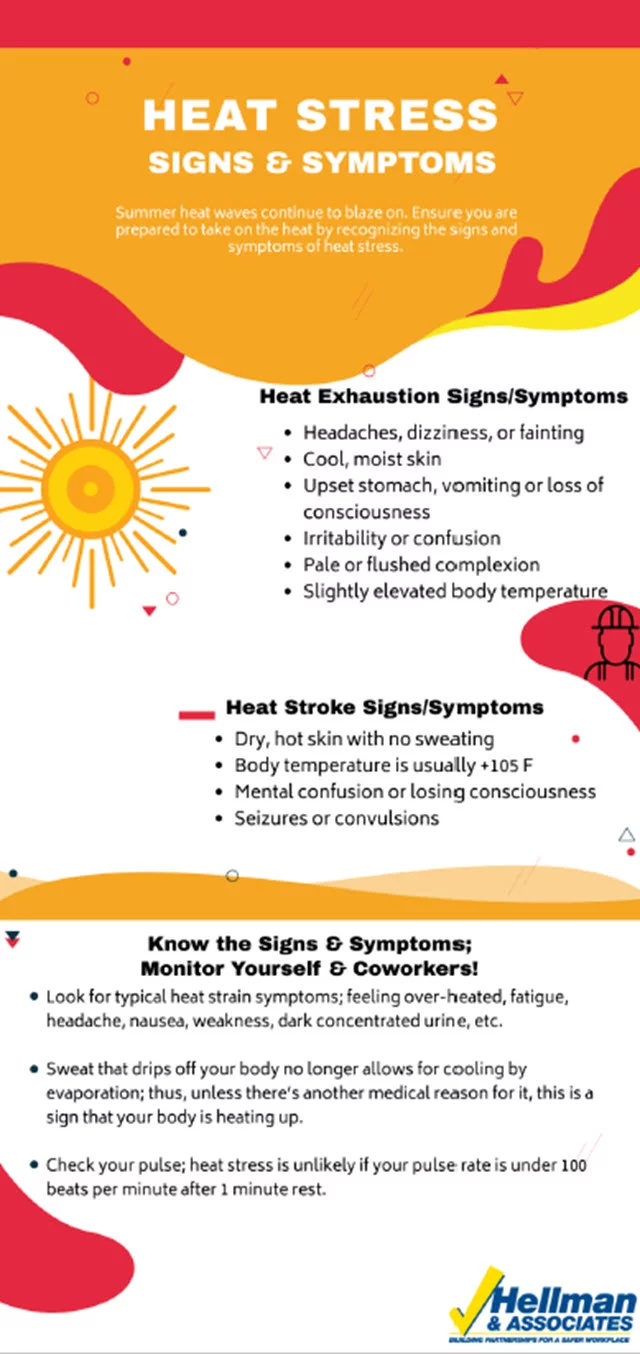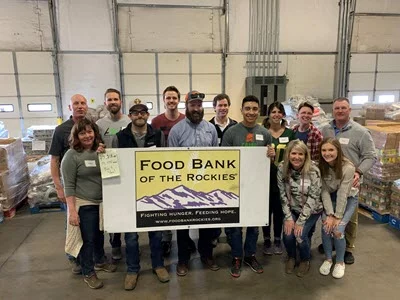The Department of Transportation, Federal Motor Carrier Safety Administration (DOT/FMCSA) is introducing the Drug & Alcohol Clearinghouse, a new program regarding drug and alcohol testing records that will go into effect on January 6, 2020. The Clearinghouse is a secure electronic database intended to replace existing error-prone processes that require employers to manually conduct inquiries and investigations regarding drug and alcohol violations for prospective drivers and existing drivers during their annual reviews. Employers, Commercial Driver License (CDL) Holders, Substance Abuse Professionals, and Consortiums/Third-Party Administrators (C/TPAs) are encouraged to register now to be prepared to begin using the Clearinghouse as soon as it is available.
This article provides general
information on the requirements of the Drug & Alcohol Clearinghouse for the
parties mentioned above.
Legacy Procedures for Drug/Alcohol
Checks
The FMCSA mandates that employers hiring
CDL-required CMV drivers must conduct investigations and inquiries for drug and
alcohol program violations with previous employers. Employers may conduct these
activities through various means, i.e., calling previous employers, faxing them
a form, or using third-party organizations to request information. In addition,
employers with CDL drivers are required to conduct random and other testing and
maintain all records of any drug/alcohol violations. Testing results are sometimes
maintained by the employer or by C/TPAs. If a CDL driver violates drug/alcohol
prohibitions and seeks to be reinstated, participation in and successful
completion of a return to duty (RTD) program administered by substance abuse
professionals is required.
These manual requirements have
proven to be cumbersome and difficult to manage, as there are multiple entities
involved and extensive paperwork and data must be retained. In addition, FMCSA
studies indicate that previous employers often do not respond to queries and/or
records of drug/alcohol violations are not adequately transferred from one
employer to another. As a result, drivers are being hired without the employer
being aware of a previous drug/alcohol violation.
A New, Centralized System
Beginning January 6, 2020, use of
the Drug & Alcohol Clearinghouse is mandatory for all employers that have
CDL-required drivers, as well as for medical review officers, substance abuse
professionals, C/TPAs, and state driver licensing agencies—although things
won’t become easier just yet. Because investigations and inquiries must be
sought from previous employers for the past three years, employers will be
required to use both the Clearinghouse and legacy methods to conduct
investigations and inquiries until January, 2023. After that, the full three
years of data will be available in the system and all investigations and
inquiries related to drug/alcohol violations will be conducted using the Clearinghouse.
Information Contained in the
Clearinghouse
The Drug & Alcohol Clearinghouse
will contain information on all CDL drivers’ drug/alcohol program violations
after January 6, 2020. These include:
- Testing
positive for use of specified drugs;
- Refusing to submit
to a required drug and/or alcohol test;
- Alcohol use
within eight hours of an accident, or until a post-accident test has been
completed, whichever occurs first;
- Alcohol use
while performing, or within four hours of performing, a safety-sensitive function,
e.g., operating a CDL-required vehicle; and
- Reporting for
duty or remaining on duty for safety-sensitive functions with an alcohol
concentration of 0.04 or greater or while using any drug specified in the
regulations.
Requirements for Various Parties
Using the Clearinghouse
Employers must report violations of drug/alcohol program requirements by
CDL-required drivers and check that no current or prospective employee is
prohibited from performing safety-sensitive functions due to a drug/alcohol
program violation for which a driver has not successfully completed an RTD program.
Note there are two different types of queries that employers can perform (see next
section). If drivers do not provide consent to the employer, the employer is
prohibited from allowing the driver to perform safety-sensitive functions.
Medical
Review Officers must report
verified positive drug test results and test refusals.
Substance
Abuse Professionals must report
RTD initial assessments and eligibility status for RTD.
C/TPAs, on behalf of the employer, must report drug/alcohol program
violations and perform driver queries from the Clearinghouse.
State
Driver Licensing Agencies must query
the Clearinghouse prior to completing licensing transactions for CDL holders.
Clearinghouse Queries—Limited and
Full
Beginning January 6, 2020,
employers or their designated C/TPAs will be required to conduct queries to
check if current or prospective employees are prohibited from performing
safety-sensitive functions, such as operating a CDL-required CMV, due to an
unresolved drug/alcohol program violation. There are two types of queries,
limited and full, both of which require the driver’s consent.
Limited
queries are used to conduct annual checks
or periodic checks on currently employed drivers. Consent is obtained “outside
of the Clearinghouse.” In other words, the employer obtains written consent
from the employee. The consent form should be retained in the driver
qualification file or electronically. If no records are found in the Clearinghouse,
no further action is necessary. If the limited query indicates there are
records available on the driver, a full query is required. If the full query is
not conducted within 24-hours, the driver must be removed from safety-sensitive
functions.
Full
queries are used for pre-employment
checks, periodic checks on currently employed drivers, and/or to follow up on
limited queries as described above. Consent from the driver must be obtained
electronically within the Clearinghouse. If the driver has a violation and no
negative RTD test result, the driver must be removed from safety-sensitive
functions. If a driver has no violations or a violation and a negative RTD test result, no further action is necessary.
While CDL Drivers are not immediately required to register, registered drivers can view their own records in the Clearinghouse, provide consent for current or prospective employers to access details about any drug/alcohol program violations, and select a substance abuse professional, if needed. Drivers who are seeking positions with new employers must register because the employer is required to perform a full query. For existing drivers, employers only have to perform limited queries during annual driver reviews. As such, those drivers provide consent outside of the Clearinghouse and do not need to be registered.
Query Costs and Plans for
Employers
Employers must purchase a query
plan to ensure they or their designated C/TPAs can conduct queries from the
Clearinghouse. C/TPAs cannot purchase query plans on behalf of employers. FMCSA has established a flat rate for queries
(limited or full) and bundles can be purchased depending on an employer’s
anticipated needs. A single query costs $1.25, 10 are $12.50, and 100 are
$125.00. Employers may also buy in bulk for convenience. Bundles of 7,500 can
be purchased for $9,375 and additional options are available for high-volume
users. Additional bundles may be purchased at any time and bundles do not
expire.
Implementation Period
From January 6, 2020 through
January 6, 2023, employers will be required to use the Clearinghouse and the
legacy procedures (email, phone calls, fax, etc.) to conduct investigations and
inquiries regarding drug/alcohol program violations when considering hiring a
new CDL-required driver. This is necessary because of the requirement to
examine three years of history for prospective drivers.
Assistance from Hellman &
Associates
Experts at Hellman &
Associates can provide guidance and assistance regarding compliance with the
Drug & Alcohol Clearinghouse as well as other FMCSA requirements. If you
have questions, please contact us at (303) 384-9828.

 On Saturday, November 7 we spent time with
On Saturday, November 7 we spent time with  Hellman & Associates is proud to have been recertified as a “Star” worksite in the
Hellman & Associates is proud to have been recertified as a “Star” worksite in the 

 Each quarter, as part of our wellness program, Hellman & Associates employees and their families participate in a community outreach program. On March 6 our team volunteered at
Each quarter, as part of our wellness program, Hellman & Associates employees and their families participate in a community outreach program. On March 6 our team volunteered at